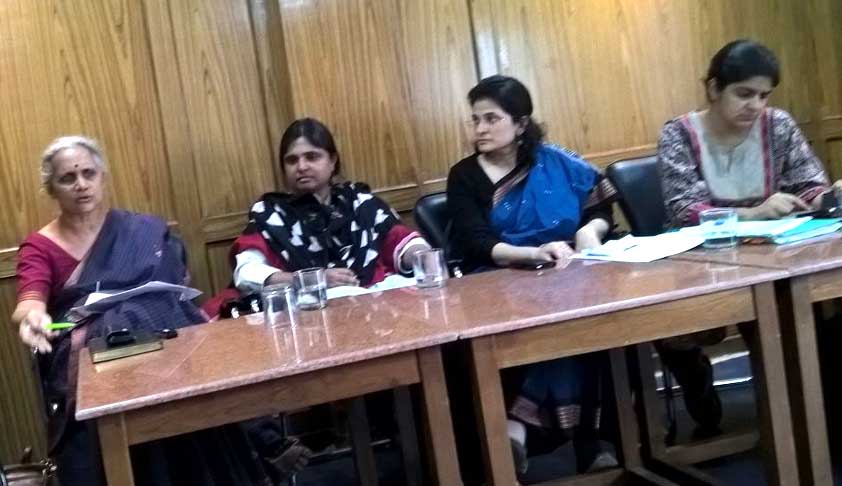Activists Slam Government For Making Aadhaar Mandatory In Contempt Of Supreme Court’s Interim Order
LiveLaw Research Team
7 March 2017 6:04 PM IST

Next Story
7 March 2017 6:04 PM IST
At a press conference held in New Delhi today, activists from different walks of life, condemned the Government’s move to deny legitimate benefits to people, if they do not procure the Aadhaar identity. The speakers included Bezwada Wilson of Safai Karmachari Andolan, Dipa Sinha of the Right to Food Campaign, Anjali Bhardwaj of Satark Nagrik Sangathan, Amrita Johri of Sathark Nagrik...
